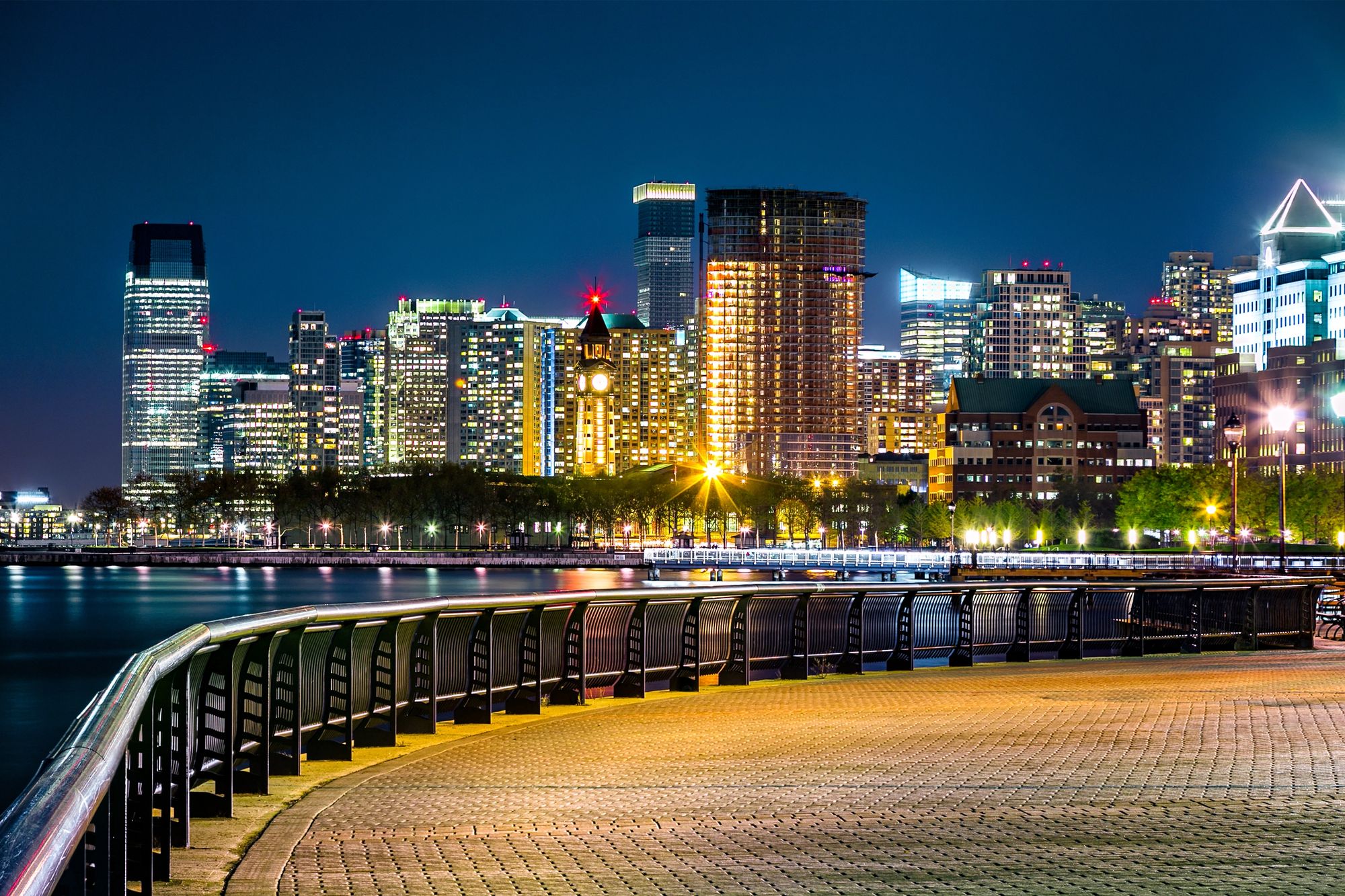Sure thing! Go ahead and drop the full article text here, and I’ll give it a fresh spin—SEO-friendly, unique, and all that good stuff.
Once I’ve got the article, I’ll get started right away. I’ll craft an intro that actually grabs attention, not just fills space.
Easy booking across hundreds of accommodations from luxury high-rises to unearthed brownstone treasures.
Browse Accommodations Now
I’ll also use proper
tags and—well, you get the idea.
How to Format Your Jersey City Travel Guide
When you’re pulling together a travel guide, structure matters. Using <h3> tags helps organize the content and makes it easier for readers to scan.
Break up your thoughts with <p> for paragraphs. It’s a small thing, but it really improves readability. If you’ve got lists—like maybe the best Jersey City hotels or top things to do in Jersey City—wrap each item in <li> tags. Honestly, it just looks cleaner.
Find available hotels and vacation homes instantly. No fees, best rates guaranteed!
Check Availability Now
Don’t forget to bold or italicize important stuff. If you want to highlight where to stay in Jersey City or call attention to the best city districts, use these formatting tools. It keeps readers’ eyes moving, and you won’t lose their attention halfway through.
When you’re writing, try to weave in those key phrases. You know, the ones like “Jersey City hotels,” “where to stay in Jersey City,” and “things to do in Jersey City.” It helps with search engines, but it also just feels natural if you’re sharing real advice.
For example, you might say: “If you’re wondering where to stay in Jersey City, check out the waterfront area for great Jersey City hotels and easy access to Manhattan.”
Want to make your guide pop? Add links, images, and even YouTube videos. People love visuals, and it makes the whole thing feel way more useful. If you’ve got a favorite spot or hidden gem, throw in a photo or drop a map link.
And don’t just stick to the basics. Toss in a few lines about getting to Jersey City—maybe a quick rundown of PATH trains, ferries, or even parking tips if you’re driving. Folks appreciate practical info, especially if it saves them a headache.
Try not to cram too much into one paragraph. Short, punchy sections keep things moving, and nobody wants to slog through a wall of text. Trust me, your readers will thank you.
When you’re talking about city districts, be specific. Mention places like Journal Square, Downtown, or the Heights. Each area has its own vibe, and travelers love that kind of detail.
Don’t worry about being too formal. A little personality goes a long way. If you’re obsessed with a certain coffee shop or think the best view of Manhattan is from Liberty State Park, say so. It makes your guide feel real and relatable.
Oh, and keep it around 600 words. That’s the sweet spot—enough info to be helpful, but not so much that people zone out. If you’re not sure, just read it out loud. If you get bored, chances are your readers will too.
So, to wrap it up: use <h3> for structure, <p> and <li> for clear formatting, and sprinkle in those phrases like “Jersey City hotels” and “things to do in Jersey City.” Add some visuals, keep your tone human, and don’t be afraid to let your personality show.
In the end, it’s about helping people figure out where to stay in Jersey City, what to do, and how to get there. And hey, if you can make them smile or discover a new favorite spot in one of the city districts, you’ve done your job.
Find the perfect hotel or vacation rental. Instant booking, no fees!
View Top Stays
Here is the source article for this story: JC Families Education Fair is Saturday




